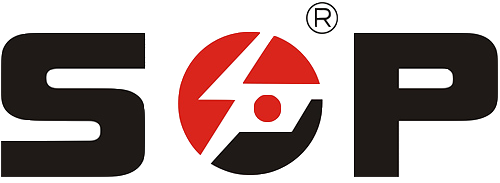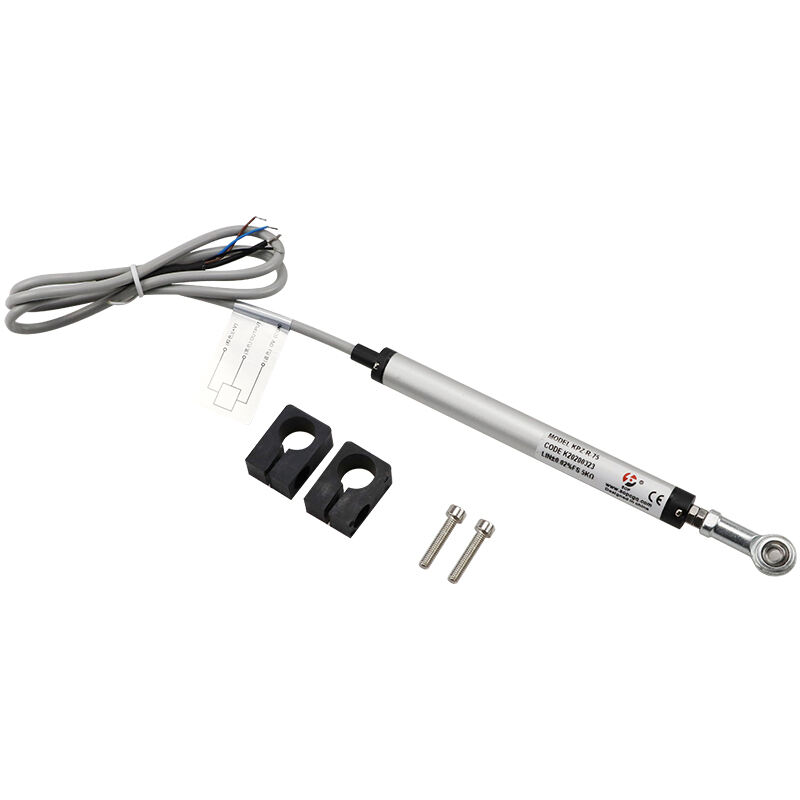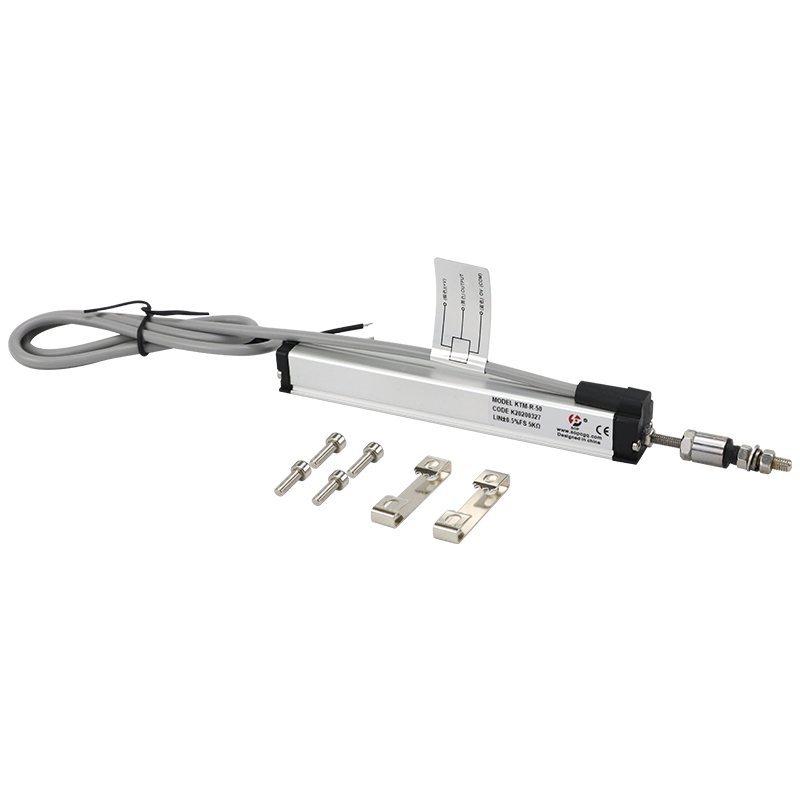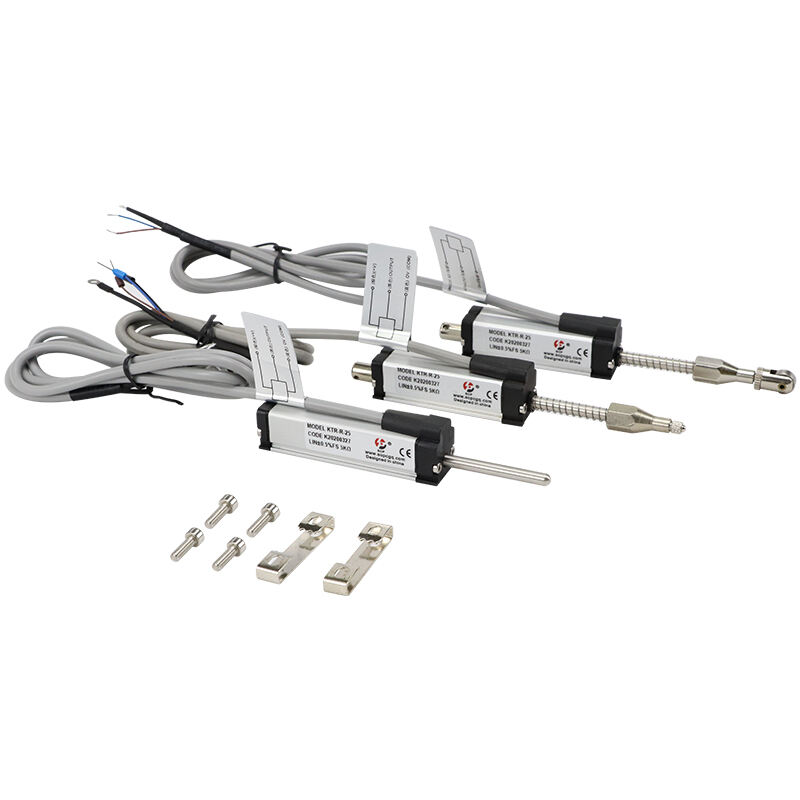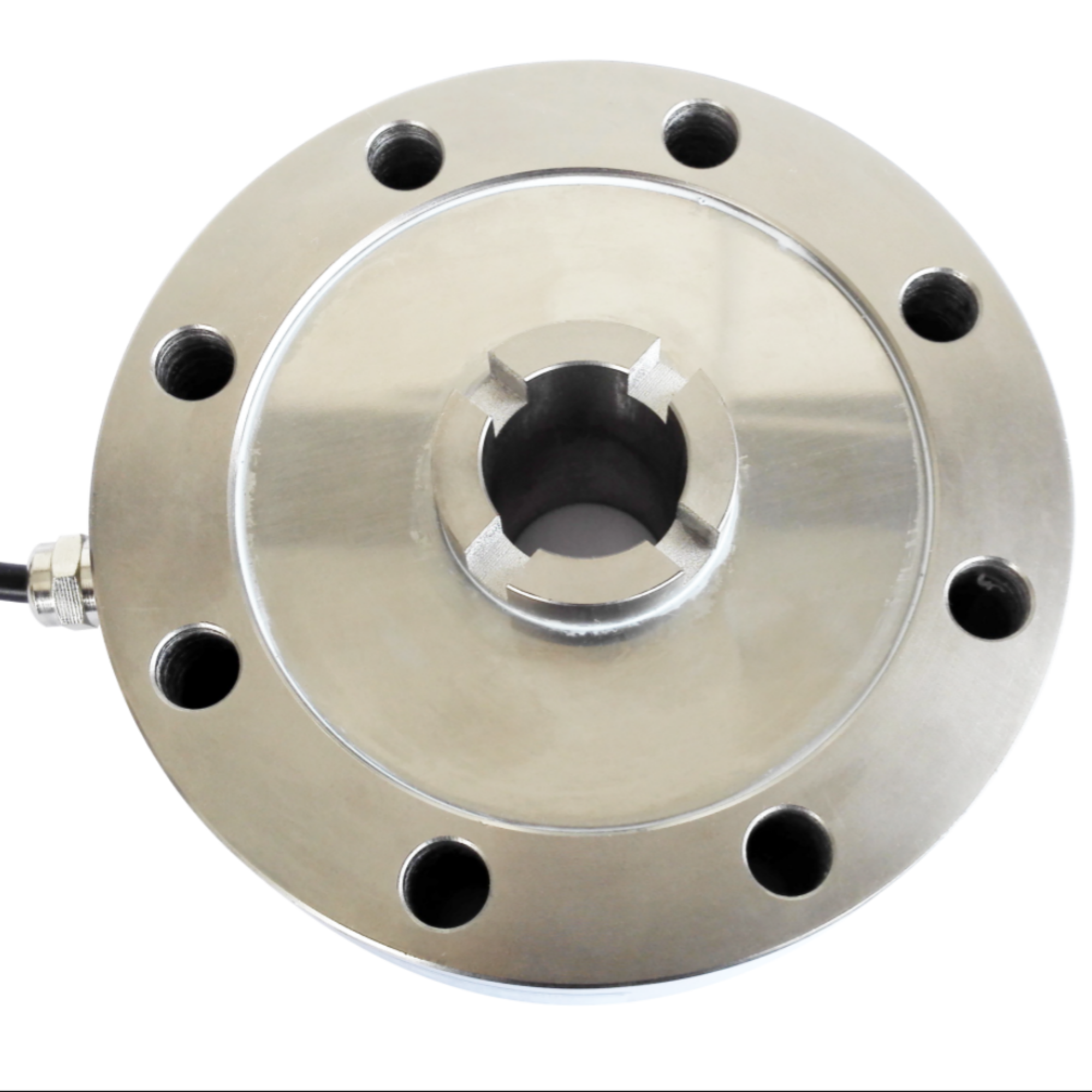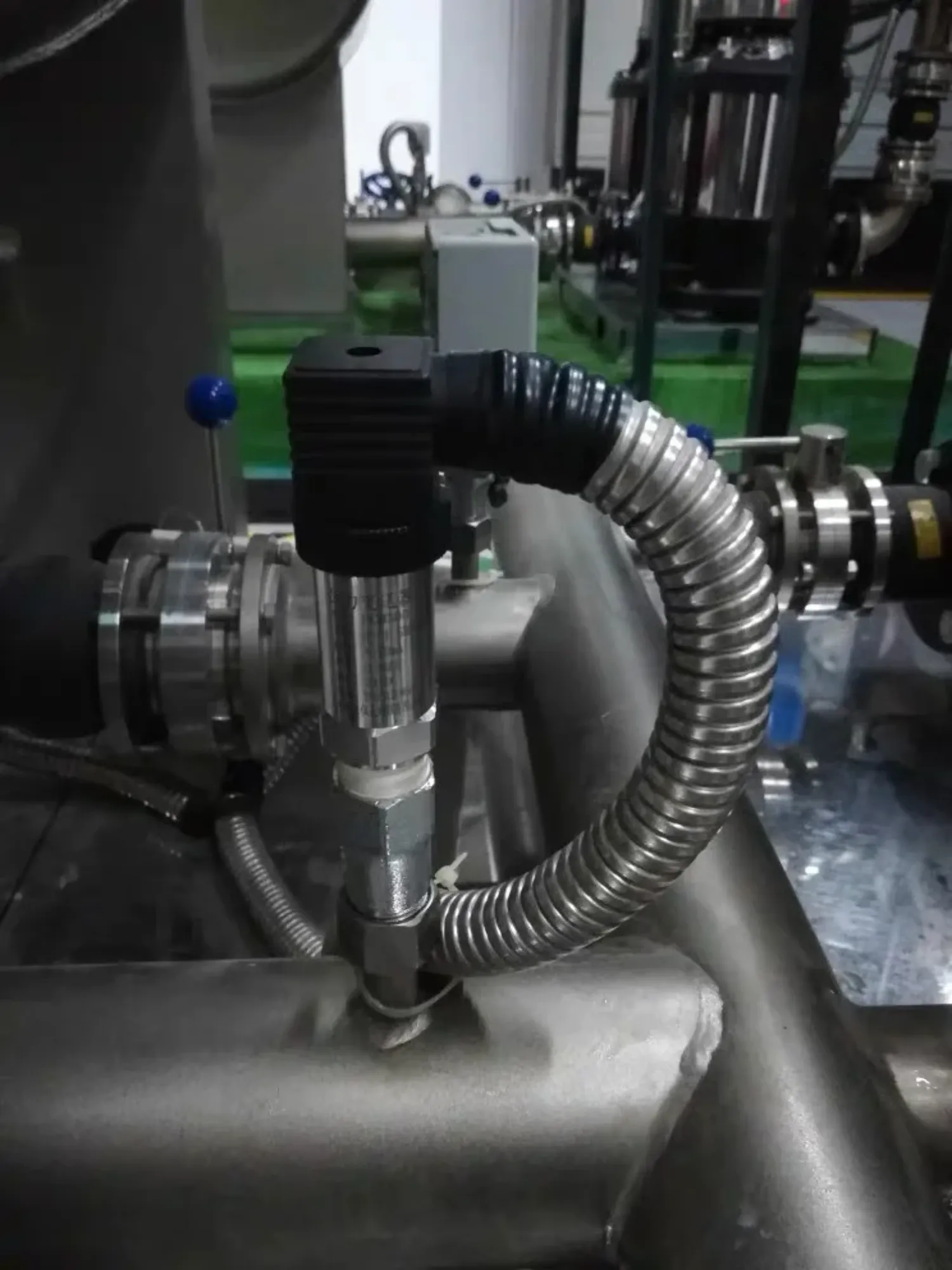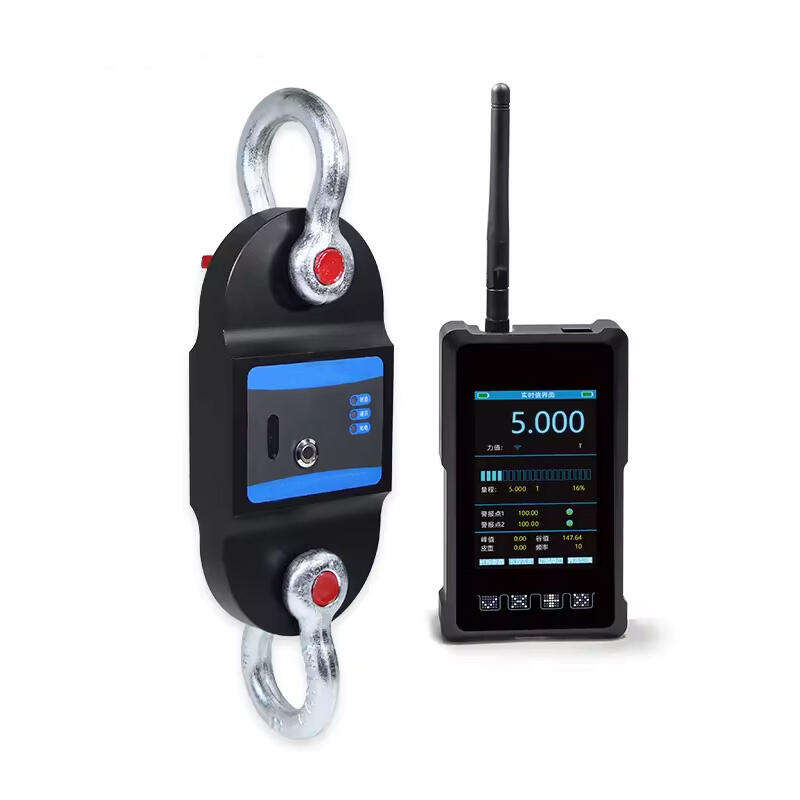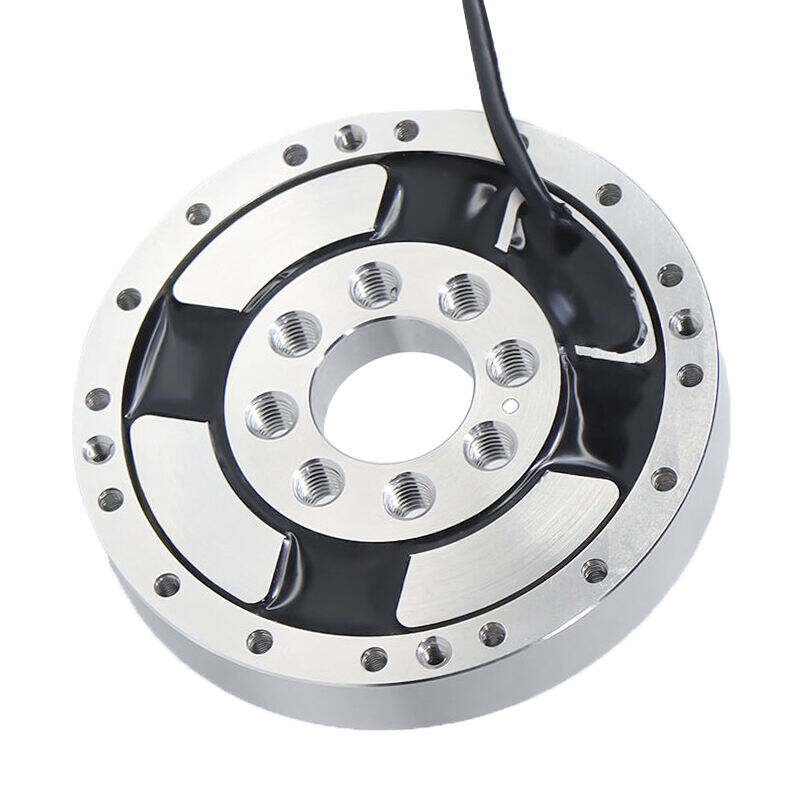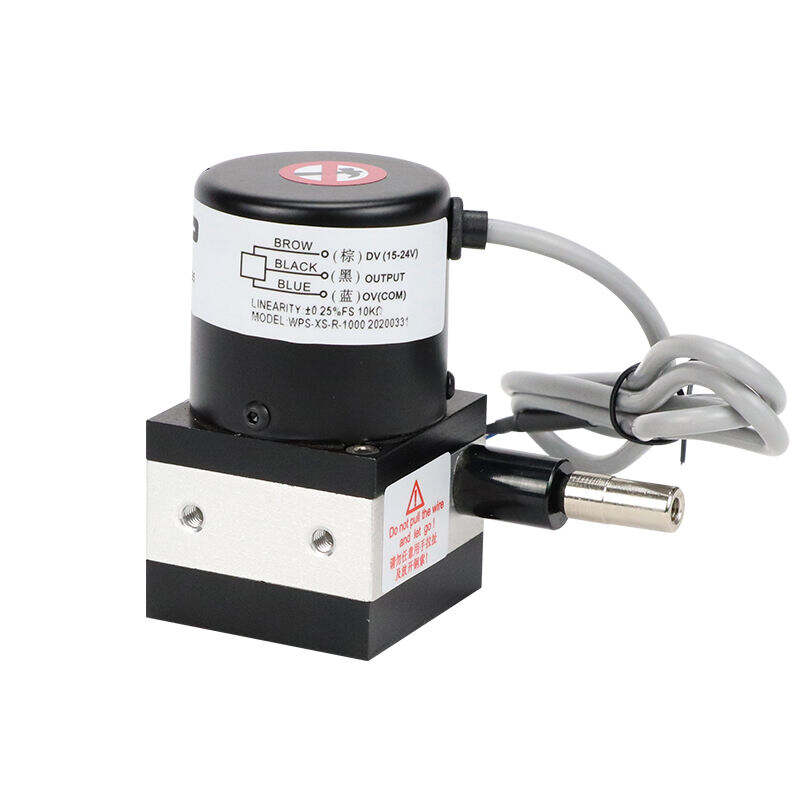torque sensor price
The torque sensor price represents a crucial consideration for industries seeking precision measurement solutions. These sophisticated devices, available across various price points from $200 to $5000, offer essential functionality for measuring rotational force in mechanical systems. The price variation reflects differences in accuracy levels, ranging from 0.1% to 0.5%, and measurement capacities from 1Nm to 10000Nm. High-end models incorporate advanced features like digital output signals, temperature compensation, and wireless data transmission capabilities. The price structure typically correlates with the sensor's technological sophistication, durability, and application range. Entry-level sensors suitable for basic research and development typically fall in the lower price bracket, while industrial-grade sensors command premium prices due to their enhanced precision and reliability. The price also factors in additional features such as integrated electronics, custom calibration options, and compatibility with various control systems. Modern torque sensors utilize strain gauge technology or magnetoelastic principles, with prices reflecting the chosen technology and manufacturing precision. The investment consideration must account for installation requirements, maintenance costs, and potential integration expenses with existing systems.
